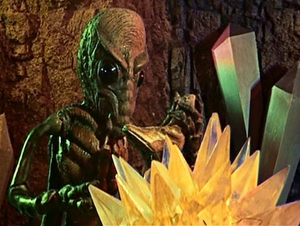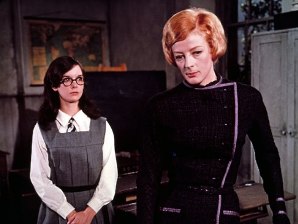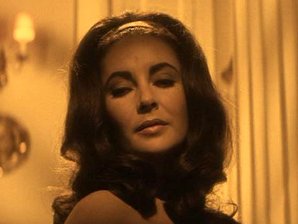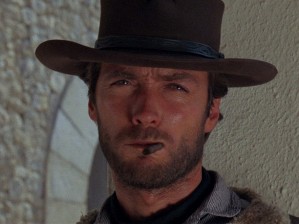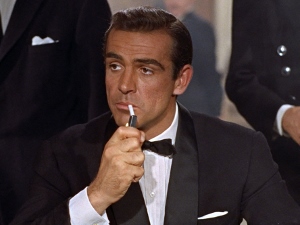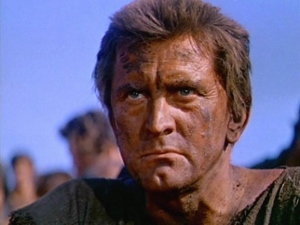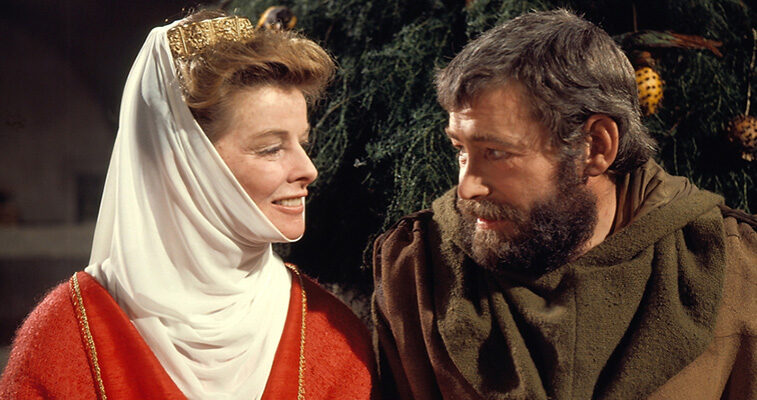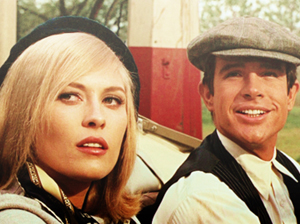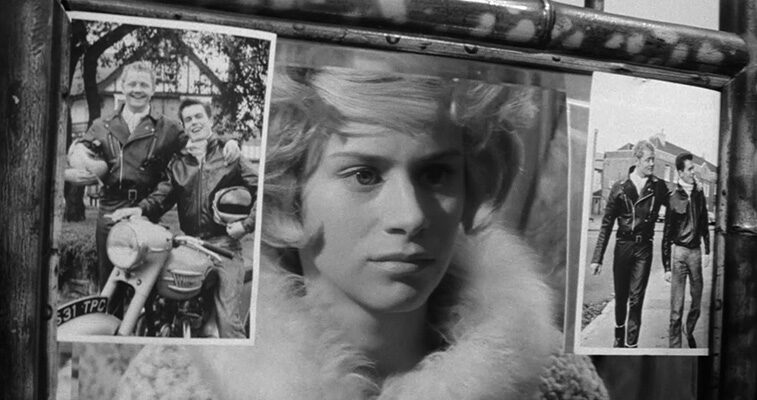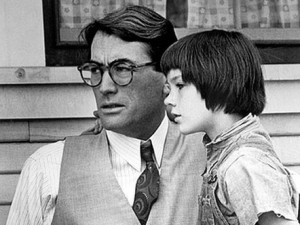The Prime of Miss Jean Brodie (1969)
[8]
Maggie Smith took home the Best Actress Oscar for her portrayal of Jean Brodie, a charismatic school teacher who dedicates herself to a class of impressionable young women. The film may sound like an all-girl precursor to Dead Poets Society, but it’s a far more nuanced and provocative take on the ‘inspirational teacher’ story. Brodie may begin as the hero of the story, but her tenacious influence and overly-romanticized world view end up having a devastating effect on some of her students. In her (subconscious?) attempt to live vicariously through her “girls,” she ends up creating a monster in her own image.
Reflections in a Golden Eye (1967)
[7]
Director John Huston unites Marlon Brando and Elizabeth Taylor for their only screen pairing in this adaptation of the perverse Carson McCullers novel. Brando plays a sexually repressed Army major who turns a blind eye to his wife’s (Taylor) extramarital affair while simultaneously finding himself drawn to a mysterious young cadet who spends his days running naked through the woods and his nights as a peeping tom. The provocative subject matter is well handled by Huston, whose only missteps are bathing the entire film in a piss-yellow hue and whiplash-inducing camera movement in the film’s final, climactic shot. Good performances from Brando, Taylor, and supporting stars Julie Harris and Robert Forster.
A Fistful of Dollars (1964)
[8]
I never particularly liked Westerns until I saw this film, my first ‘Spaghetti Western.’ Most people credit Sergio Leone for inventing the genre. If it weren’t for his so-called Man With No Name trilogy (three films starring Clint Eastwood, of which A Fistful of Dollars is the first) the sub-genre may have never taken flight. What Leone did was take the stagey, polished, over-produced Hollywood Western, drag it through the mud, tear it up around the edges, and make it more violent, more crude, more rock and roll.
Dr. No (1962)
Spartacus (1960)
[8]
Fans of Ridley Scott’s Gladiator might be surprised how much they will also enjoy (perhaps even prefer) its progenitor. Stanley Kubrick’s Spartacus is a briskly-paced epic, and uncharacteristically emotional compared to his other work. Kirk Douglas is iconic in the lead role, playing a slave forced to fight in the gladiatorial arena for the enjoyment of the aristocracy. Of course he falls in love with a fellow slave girl, of course he escapes, and of course he leads a mammoth army of slaves in revolt against Rome… but when these broad strokes are painted so earnestly, I don’t care. The bleak, bold final act of the film is what really sells the story for me.
The Lion in Winter (1968)
Bonnie and Clyde (1967)
[9]
Warren Beatty and Faye Dunaway star as the legendary real-life bank robbers in Arthur Penn’s volatile Bonnie and Clyde. With its anti-hero point of view and graphic violence, this film helped lead the charge for grittier, more realistic fare that cropped up throughout the ’70s. While the film certainly sensationalizes the criminals, it also humanizes them. It’s easy to see how a bored waitress like Bonnie Parker would fall for a handsome bad boy like Clyde Barrow (I mean, who wouldn’t get in a car with smoking-hot Warren Beatty?) And since the two only robbed banks, they became folk heroes to a working class destroyed by foreclosures. I also like that the film suggests Clyde is impotent. It’s refreshing to see a tough guy with flaws and foibles, and it also makes the romantic relationship more interesting than most.
The Leather Boys (1964)
To Kill a Mockingbird (1962)
[10]
Harper Lee’s Pulitzer Prize-winning novel is lovingly adapted to film by director Robert Mulligan, screenwriter Horton Foote, and producer Alan J. Pakula. Gregory Peck earned the Best Actor Oscar for his portrayal of Atticus Finch, a lawyer of uncompromising morals who puts the safety of his family on the line to defend Tom Robinson (Brock Peters), a black man accused of raping a white woman. Finch is also a widower, raising his two young children with the help of his maid Calpurnia (Estelle Evans). The narrative is made a coming-of-age story through the eyes of Finch’s youngest, the feisty Jean Louise — or Scout (Mary Badham) as she’s nicknamed. Scout’s perspective on racism is balanced with her own fear and ignorance surrounding a neighbor named Boo Radley (Robert Duvall), who turns out to be her salvation when she and her brother are attacked by a bigot seeking revenge on their father.

